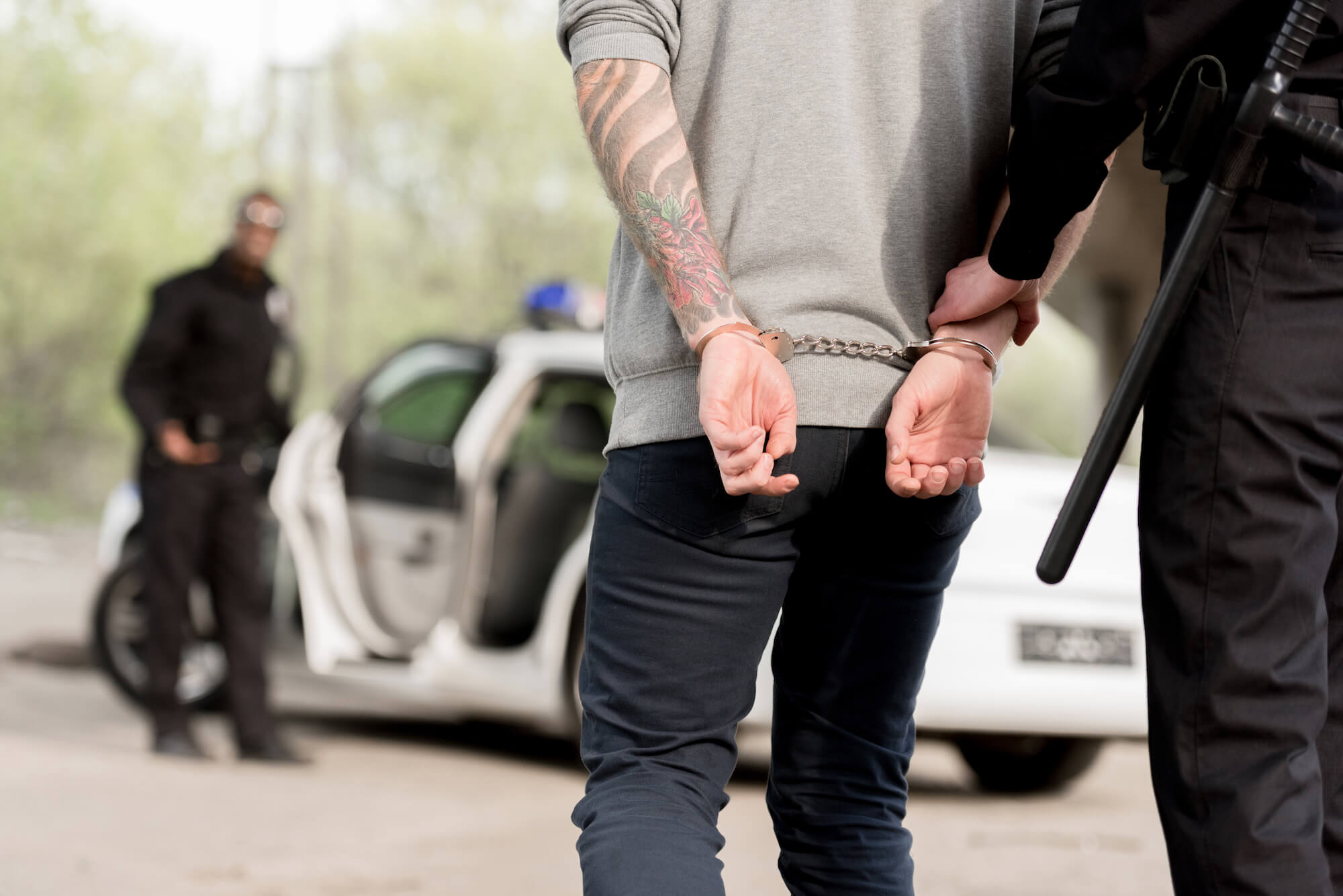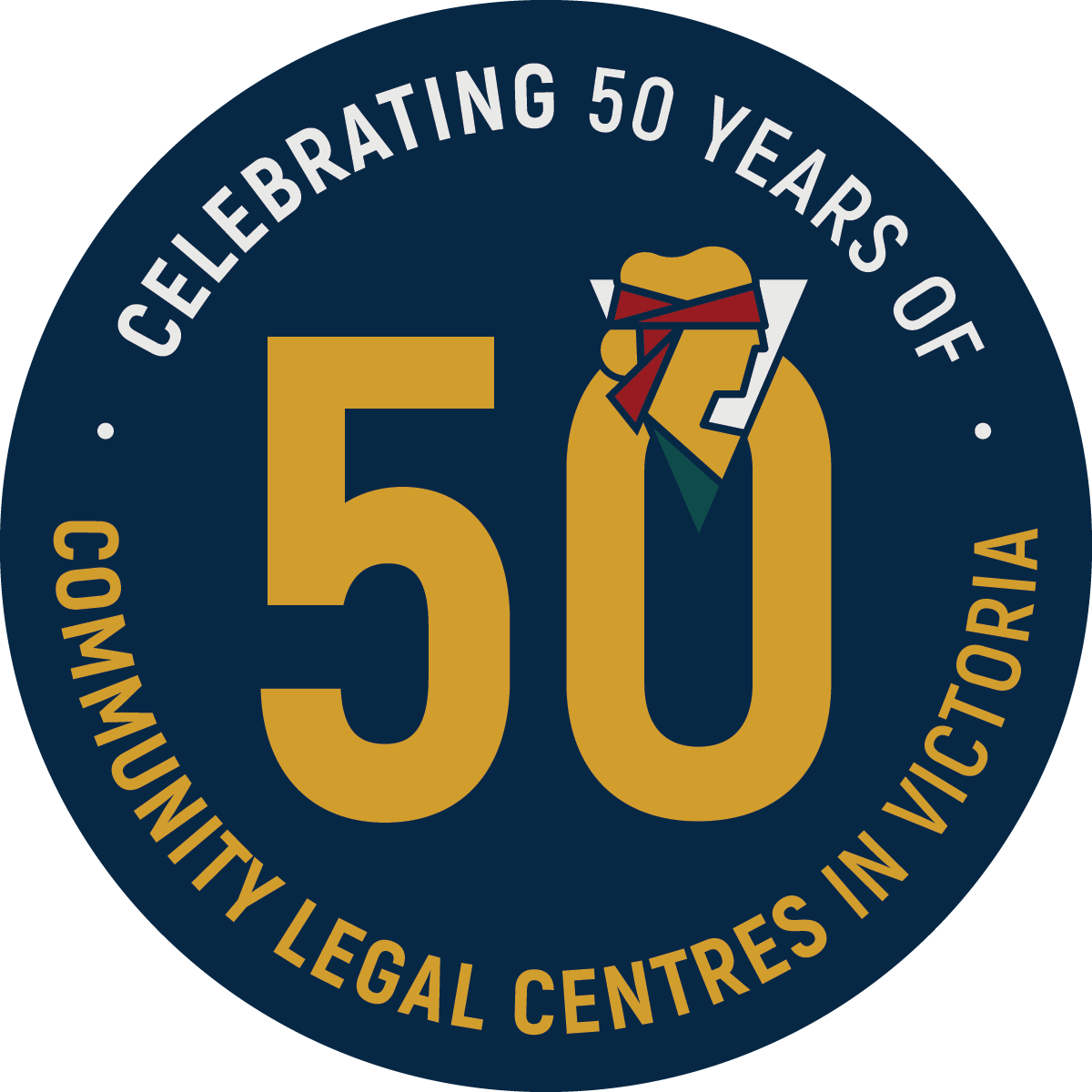



Criminal offences
The content on this site is information only and is not legal advice. If you need legal advice please contact us.
Your rights, obligations and what to do if you’re arrested
It’s hard to imagine a more stressful situation than getting arrested by the police, especially if you’re confused about your circumstances or unsure why the Police suspect you of a crime. Learn more about criminal offences and where to get help.
What is a criminal offence?
A criminal offence is an offence or crime against the state as also known as breaking the law, or a violation of the law. When laws are broken, and they’re considered crimes against the state (or government), they’re known as criminal offences. Crimes against the state are offences which are considered harmful to other people or the community. Criminal offences are usually punishable in some way, for example fines, licence suspensions, the issuing of criminal charges (which are heard in Court and if the person is found guilty, could result in a variety of penalties, such as Court fines, imprisonment, community work).
Examples of criminal offences include:
- Drug offences
- Theft
- Being drunk in public and underage drinking
- Violence
- Weapons and threats
- Illegal public behaviour (for example, littering, racial vilification, spitting)
- Hindering Police (making it difficult for Police to perform their duties)
- Arson (setting fire to a property) and property damage
- Bribery
- Contempt of Court (refusing to cooperate with a Court)
- Perjury (lying to a Court)
If you’re accused of a criminal offence, the Police can charge you with an offence or offences, and they will issue you with a document known as a charge sheet, or a notice to appear. This will provide details about the offence, what the police allege you did and when you’re matter is going to be heard in Court. It is very important to get legal advice about this.
For more information, see Victoria Legal Aid’s website page, Criminal offences.
Whether an offence is summary or indictable determines how it progresses through the legal system.
Usually, summary offences are not as serious as indictable offences. They’re often heard in the Magistrates’ Court. Examples of summary offences include
- Littering
- Being drunk in public
- Minor assault
- Disorderly behaviour
The time limit in which police have to charge an adult (over 18 years) with a summary offence is 12 months from the date of a summary offence being committed.
The time limit in which police have to charge a child (under 18 years) with a summary offense is, generally, 6 months from the date of a summary offence being committed.
Indictable offences are more serious offences. In some situations, the Magistrates’ Court may deal with these offences, but sometimes the County or Supreme Court will hear them. Sometimes they are heard before a judge, and in some situations a jury is involved.
The penalties are more severe and in some cases may include imprisonment.
Examples of indictable offences are:
- Theft
- Injuring another person
- Drug offences
- Serious sexual offences
- Armed robbery
- Murder
If the Police suspect you of committing an indictable offence, they can charge you any time after the offence occurred.
Yes, infringement notices are issued for criminal offences. However, they are generally issued for minor offences, for example, minor traffic offences such as speeding or running a red-light camera (in circumstances where no one is injured or killed).
If you receive an infringement notice, the penalty is usually a fine (and often demerit points for traffic offences). If you accept the infringement, you can choose to pay the fine, and you won’t have to go to Court. If you don’t accept the infringement, you may wish to challenge it. There are many options to deal with an infringement, depending on the stage it is at. If you pay the fine, you can’t challenge the infringement notice. You should seek legal advice if you’re in this situation.
For more information, see our page about Fines and infringements.
If you’re charged with a criminal offence, you should seek legal advice as soon as possible.
Victoria Legal Aid can provide free services, including:
- Providing legal advice over the phone
- Giving advice in person, during an appointment
- Arranging a translator
- Arranging help if you have a hearing or speech impairment
- Providing duty solicitor services at Court or while you’re in Police custody, depending on the circumstances
For more information, contact Victoria Legal Aid or a private criminal lawyer.
If you are in Police custody, you are required to provide your name and address. You should not answer any other questions without first speaking to a lawyer.
To learn more about being questioned by Police, visit:
How can Barwon Community Legal Service help me?
We provide limited advice on minor criminal law issues. We can refer to you Victoria Legal Aid for free advice and representation, or a private lawyer.
Last modified on April 29th, 2021 at 9:59 am
The content on this site is information only and is not legal advice. If you need legal advice please contact us.